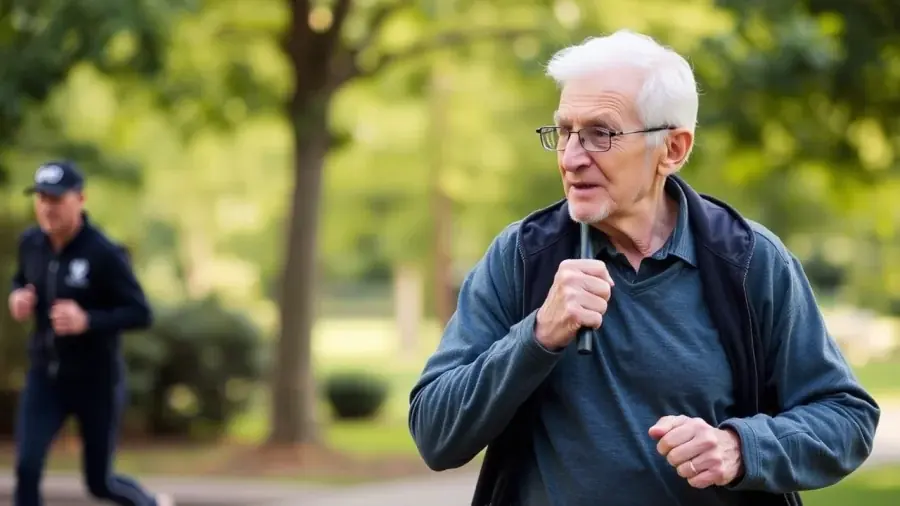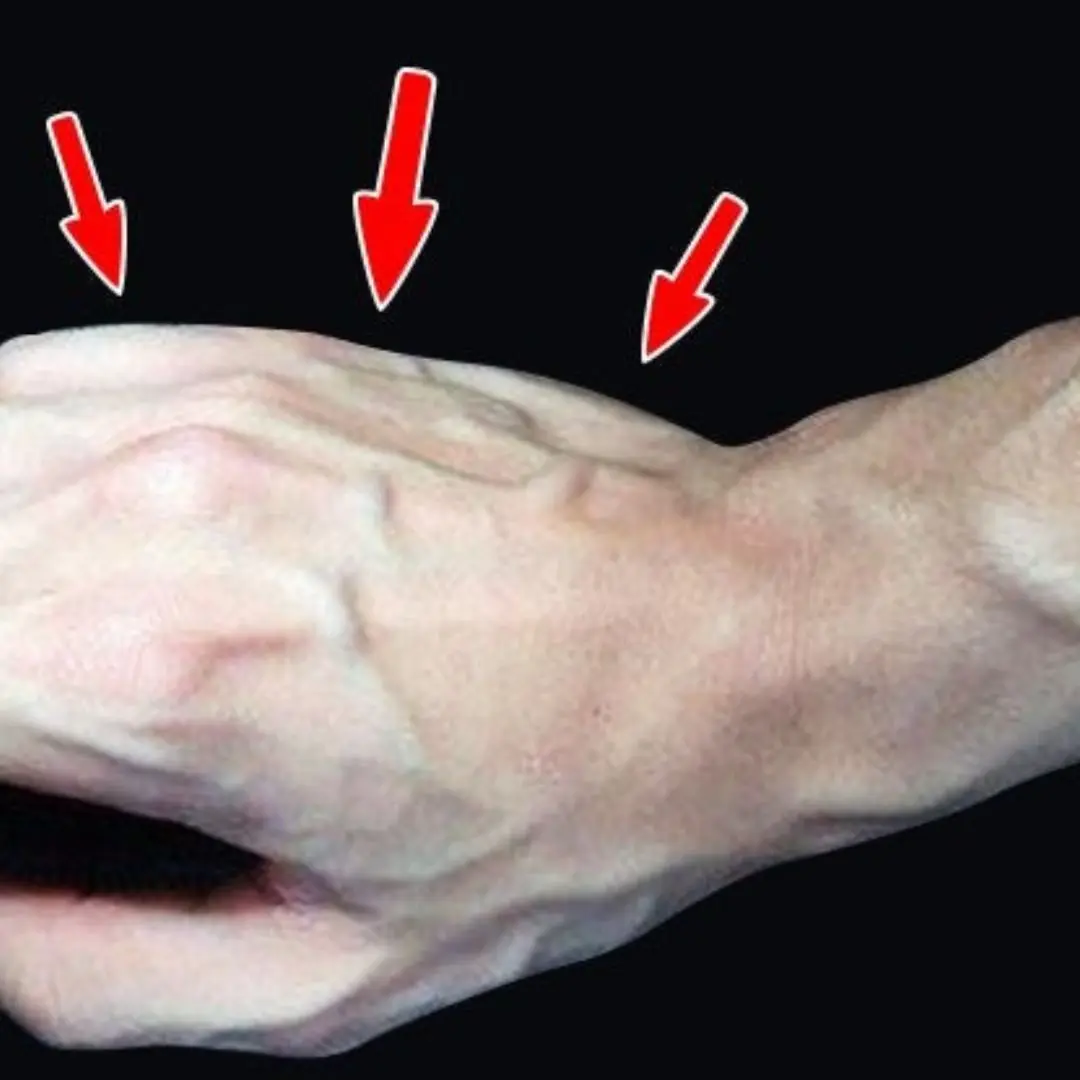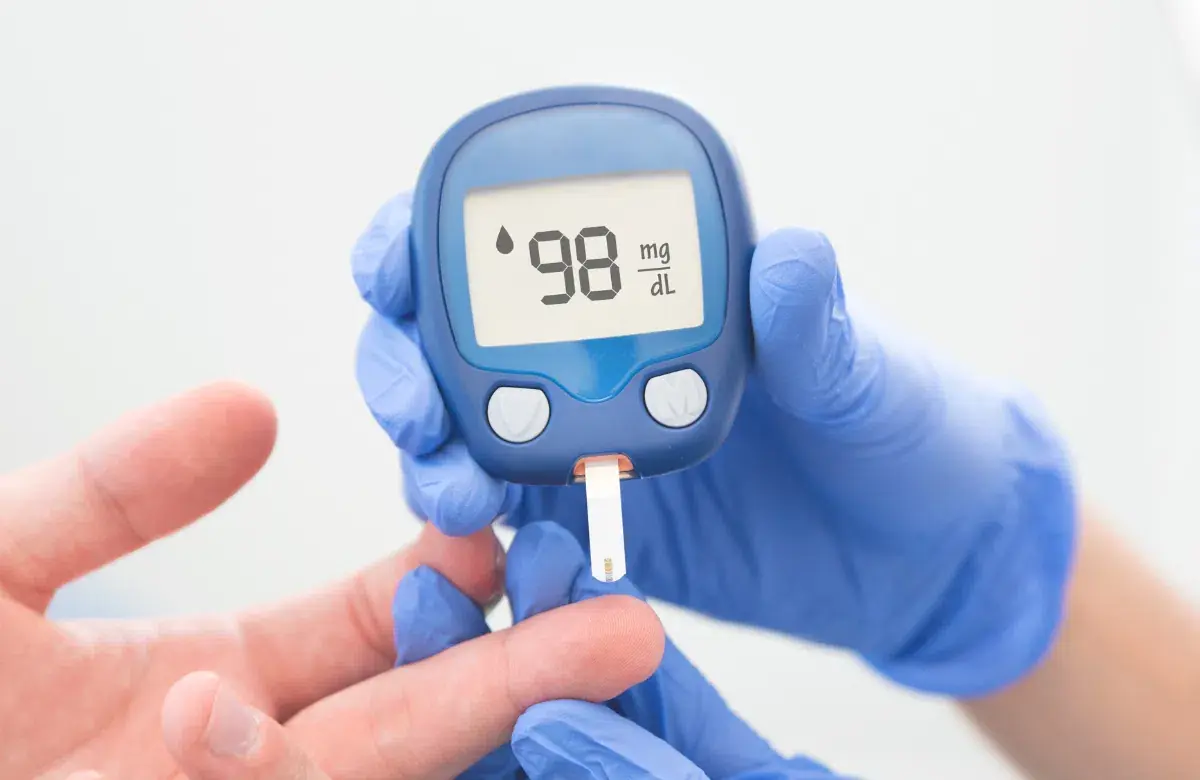
Revealing the 'Golden' Exercise Time That Helps Seniors Stay Healthy and Live Longer
Revealing the 'Golden' Exercise Time That Helps Seniors Stay Healthy and Live Longer
Did you know that choosing the right time to exercise can double its health benefits, especially for seniors? Scientists have recently discovered the ideal time frame that enhances cardiovascular health, strengthens muscles, and improves quality of life.

Cognitive decline is one of the leading causes of disability and mortality in older adults, significantly reducing their quality of life. Even more concerning, there is still no definitive cure for this condition. Therefore, finding effective ways to improve brain health in seniors has become a top priority.
A new study published in the Journal of Post-Acute and Long-Term Care Medicine brings promising news: engaging in even a minimal amount of exercise each week can significantly reduce the risk of dementia. This discovery is particularly important for older adults, who often struggle to maintain regular physical activity.
The study, led by researchers from the Bloomberg School of Public Health at Johns Hopkins University (USA), analyzed data from nearly 90,000 participants with an average age of 63, provided by the UK Biobank. None of the participants had dementia, stroke, or Parkinson’s disease at the start of the study and were monitored using devices that tracked their physical activity levels.
Over an average follow-up period of 4.4 years, 735 participants developed dementia. The findings revealed that engaging in just 35 minutes of moderate to vigorous physical activity per week—equivalent to 5 minutes per day—reduced the risk of dementia by up to 41%. Remarkably, increasing workout time to 36 minutes or more led to a 60% reduction in risk. Those who maintained over 140 minutes of physical activity per week (around 20 minutes per day) experienced the greatest benefit, with their dementia risk dropping by as much as 69%.
According to the researchers, moderate to vigorous physical activities include brisk walking, gardening, dancing, cycling, or swimming. For frail seniors, even light activities such as slow walking, household chores, or simple seated exercises can provide significant benefits.
This discovery brings new hope for older adults in protecting brain health while emphasizing the critical role of regular movement in maintaining a high quality of life. With just a few minutes of exercise each day, seniors can lower their risk of dementia and enjoy a healthier, more fulfilling life.
News in the same category


Don’t eat sweet potatoes until you know these 8 important facts

The power of hawthorn: A natural ally for heart and cholesterol health

The more you consume, the more your bones weaken: 3 "Silent Ki.llers" that rob your body of calcium

These 5 Fruits Are on Doctors’ Warning List — Don’t Buy Them Even If They’re Cheap

Breakthrough Discovery: PARP1 Enzyme Could Revolutionize the Fight Against Aging

This is how my grandmother treated varicose ve.ins… with just 3 kitchen ingredients

You must know these 5 things

What Happens to Your Body When You Eat Two Eggs a Day?

Proven Health Benefits of Celery & Nutrition Facts (Evidence Based)

When you see these 4 conditions while walking, be alert for diabetes

Bulging Veins Aren’t Always Harmless — Here’s What You Need to Know

Fatty liver disease diet: Crucial foods you should avoid to slash your risk of symptoms

Clove Water: The Hidden Power in the Kitchen

Never shower at this time of day after 70 – Here’s why doctors warn it could be dan.gerous

Why your throat keeps filling with mucus - the real causes revealed

Your body will warn you of these 7 signs

When the body shows 5 se.rious symptoms: What it may signal about advanced dia.betes

Why salmon is no longer the health food we thought it was?

Taro Root: The Ancient Superfood Transforming Health and Sustainability
News Post

Woman Di.es While Washing Dishes: Doctors Urge Caution Over 3 Common Mistakes

Applying Toothpaste to Ginger: A Little-Known Household Trick With Surprising Benefits

Remove This One String to Eliminate Fishy Smell — A Simple Cooking Secret Many People Miss

The Plant That Mosquitoes and Snakes Both Avoid — A Natural Protector for Your Home

Never Eat This Part of Pork: Even 100°C Heat Cannot Eliminate the Danger

Don’t eat sweet potatoes until you know these 8 important facts

The power of hawthorn: A natural ally for heart and cholesterol health

The more you consume, the more your bones weaken: 3 "Silent Ki.llers" that rob your body of calcium

These 5 Fruits Are on Doctors’ Warning List — Don’t Buy Them Even If They’re Cheap

Grilled Steak with Chimichurri, Garlic Fries & Asparagus

Breakthrough Discovery: PARP1 Enzyme Could Revolutionize the Fight Against Aging

This is how my grandmother treated varicose ve.ins… with just 3 kitchen ingredients

You must know these 5 things

What Happens to Your Body When You Eat Two Eggs a Day?

Proven Health Benefits of Celery & Nutrition Facts (Evidence Based)

When you see these 4 conditions while walking, be alert for diabetes

Slow Cooker Tomato Tortellini Soup with Ground Beef

Bulging Veins Aren’t Always Harmless — Here’s What You Need to Know

Fatty liver disease diet: Crucial foods you should avoid to slash your risk of symptoms
